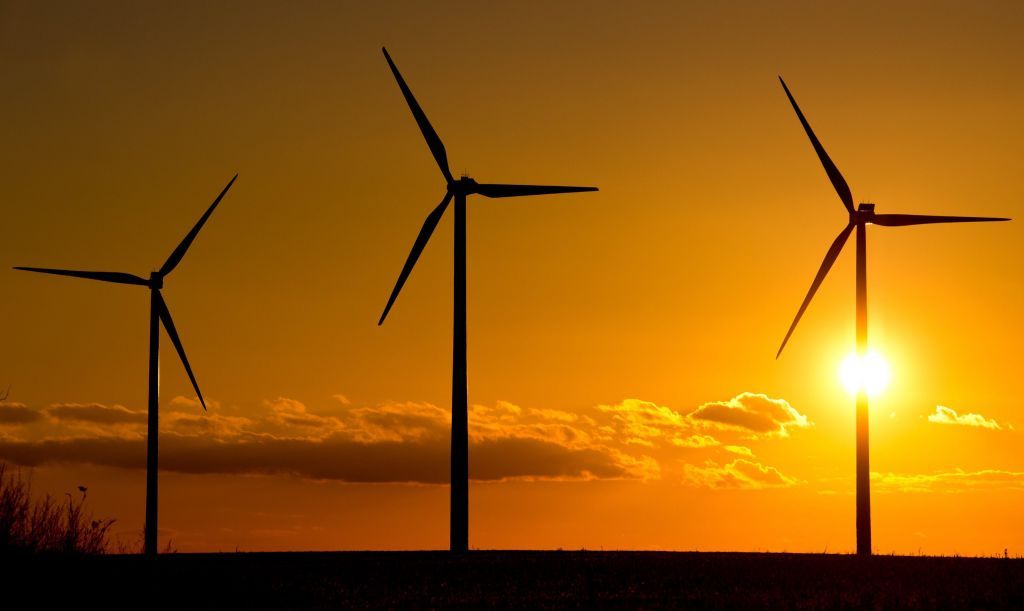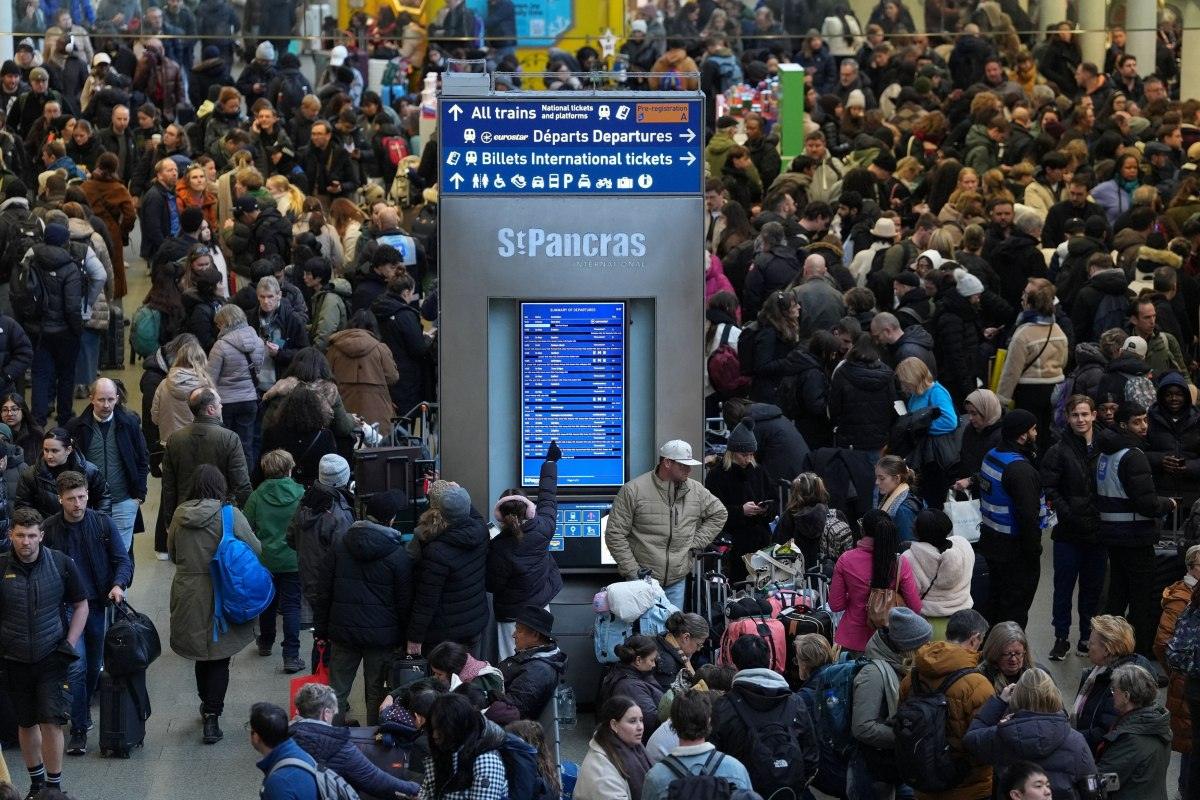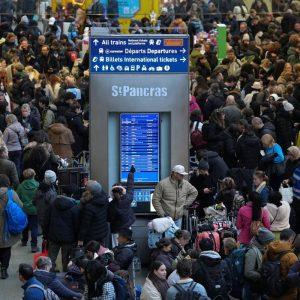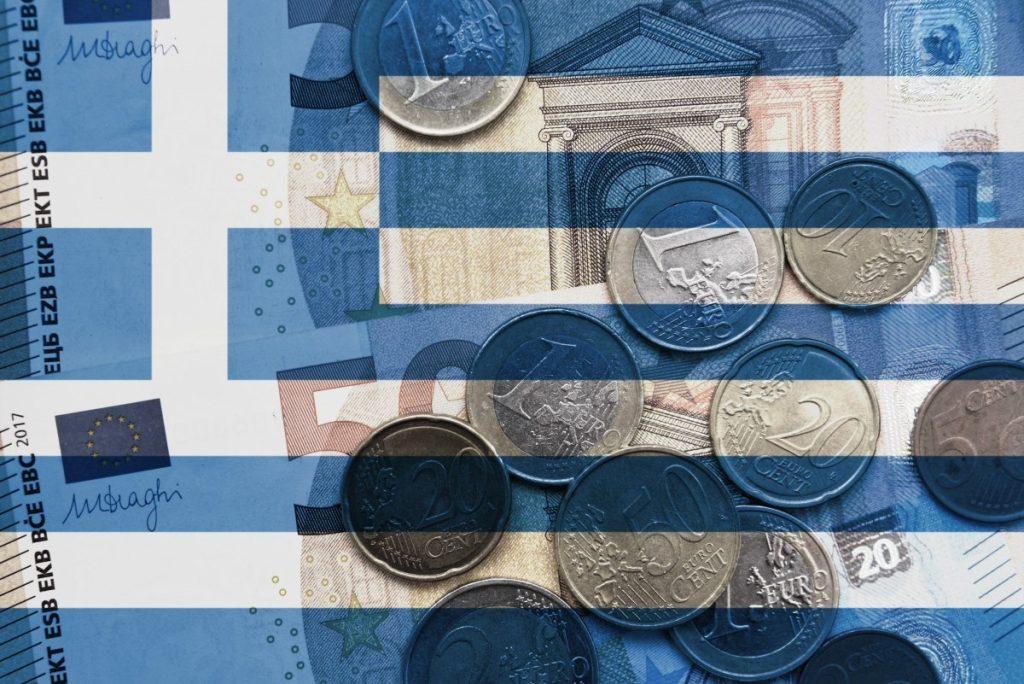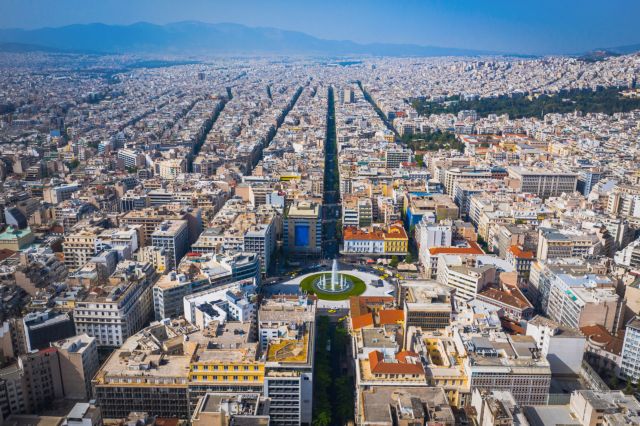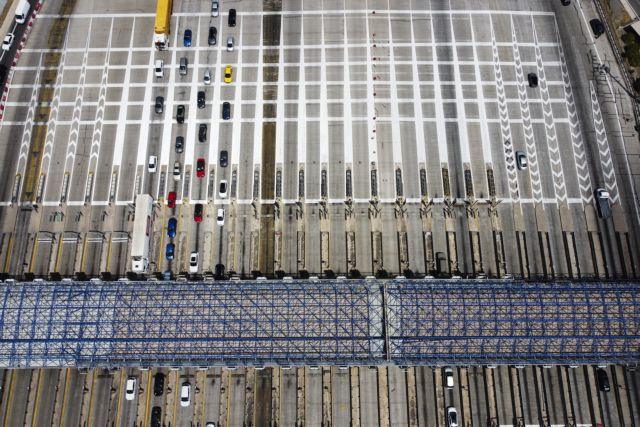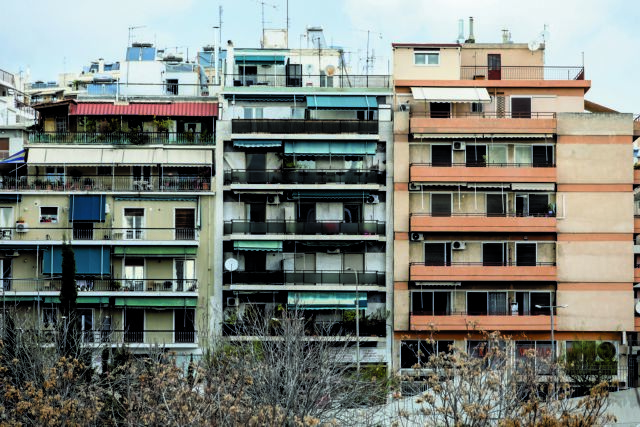The billowing winds that swept Greece over the last three days were enough to produce up to 83% of the electricity consumed by households and businesses and to knock down the average wholesale electricity price by 44%.
And if there was no extensive cloud cover, the solar parks would have been able to provide their maximum solar energy to the system and the network, contributing even more to the de-escalation of energy costs.
In the three-day period from October 14 to 16, RES brought another record to the electricity market as their large participation in the energy mix resulted in a 44% drop in the average price. More specifically and according to the data of the Hellenic Energy Exchange yesterday in the Day Ahead Market the average price fell by 132.85 euros/MWh compared to the 13th of the month when it was just before 300 euros/MWh and to be precise at 298.97 euros/MWh. Yesterday the market closed at 166.12 euros/MWh.
Doubling output
The large drop in prices has to do with the doubling of the participation of RES and hydroelectric in the energy mix used to produce electricity.
Wind and photovoltaic parks of mainland Greece as well as of Crete (connected to the Peloponnese) as well as large PPC hydroelectric plants of produced 68% of the electricity demand. During yesterday from 12 to 3 in the afternoon, the production from RES reached between 81% andd 83%.
On October 13, on the contrary, electricity production from RES was at 34.4%. That is, from last Thursday until yesterday Sunday, green energy production doubled. This had the effect of reducing the expensive Megawatt-hours given by the natural gas and lignite units. Yesterday, natural gas corresponded to only 8.55% and lignite to 4.74% of the energy mix. When on October 13 the respective figures were at 31.42% and 8.83%.
Of course, the decline in demand also contributed to the plunge in wholesale electricity prices. During the weekend, as usual, consumption declines. For this two-day period, it is estimated that the reduction was of the order of 20% compared to the previous working days.
